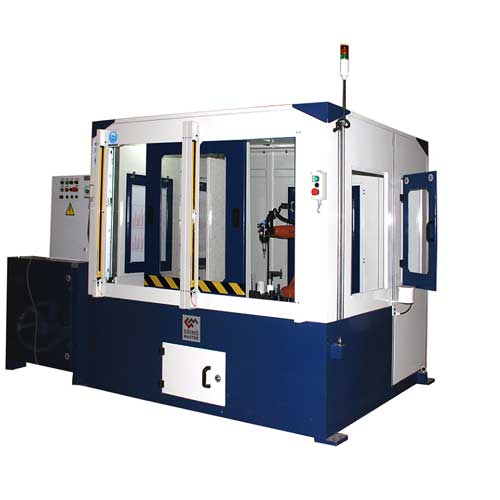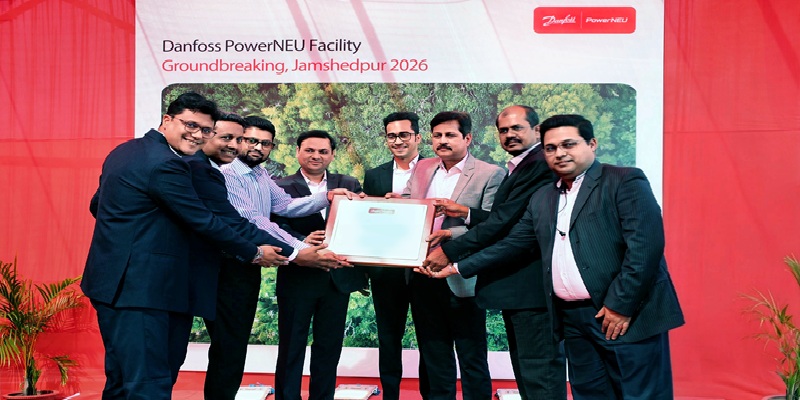Schedule a Call Back
Need to upskill workforce for employability
 Articles
Articles- Nov 01,19

Related Stories

Need to upskill workforce for employability
In this article, Dr Gayathri Vasudevan, talks about effect on employment due to advanced technology and challenges in skill development.
Read moreRelated Products

Collaborative Scara Robot
Malles Automated & Robotic Systems Private Limited

Robotic Deflashing of Aluminium Casting
Grind Master Robotic Deflashing Machine is an advanced and most reliable machine for Aluminium components. Robotic deflashing is a revolutionary technology developed by Grind Master Machines Pvt Lt Read more

Karmi Bot
Asimov Robotics offers a wide range of Karmi Bot.
















